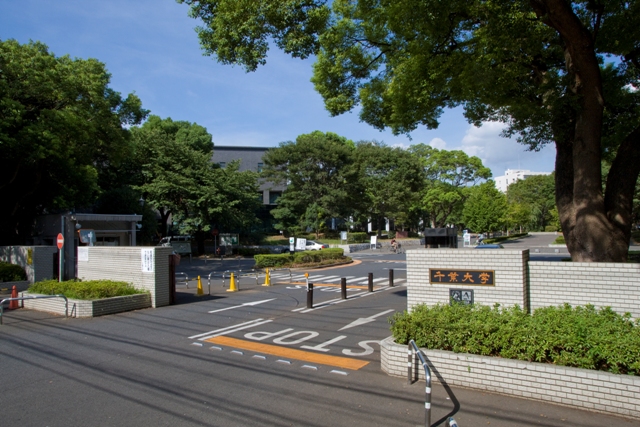Development and research on urban technology that creates coexistence of man and environment
Our goal is to create a “field” space capable of demonstrating city characteristics and harmonious urban environment with all dynamic elements of “mobility” necessary to urban construction. This teaching program requires for a wide range of environment-based hardware and engineering technology in respect of software that involves interpersonal communication and information exchange. In order to acquire plentiful expertise, we emphasize on the teaching in five aspects: on-site experiential practice and experiments, cooperation with the real society, practical training with less participants, practical knowledge and international exchange. This curriculum is composed of urban space plan, urban basic engineering, urban environmental engineering and urban information engineering and integrates multiple subjects of urban planning, living environment program, urban space design, urban construction project, urban disaster prevention, urban infrastructure, urban facility construction, environmental management, environmental energy, environmental recycle, urban mathematics, urban information and communication to make constant progresses for the research education.

